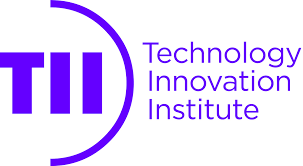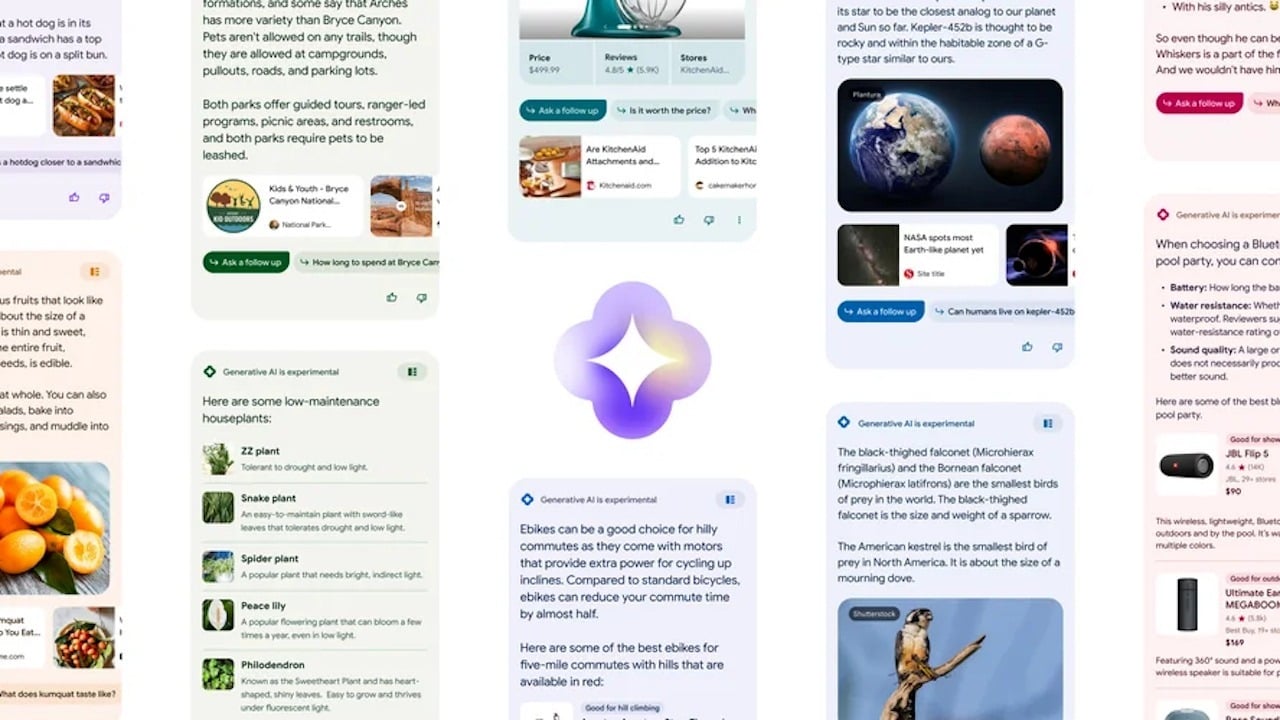How Falcon 180B, an Open Source LLM, Challenges Google’s Palm 2
1. Introduction
In the world of artificial intelligence, language models play a pivotal role in understanding and generating human-like text. Recently, Hugging Face, an AI company, made a groundbreaking announcement about their latest creation – Falcon 180B. This open source Large Language Model (LLM) has attracted significant attention due to its state-of-the-art performance and unique characteristics. In this article, we will explore the capabilities of Falcon 180B and how it challenges Google’s Palm 2.
2. Falcon 180B: A State-of-the-Art Open Source LLM
Achieving State-of-the-Art Performance
Hugging Face claims that Falcon 180B is the best openly released LLM to date, outperforming previous models such as Llama 270B and OpenAI’s GPT-3.5. The researchers at Hugging Face have extensively tested Falcon 180B on various natural language tasks and found it to be at the forefront of performance. This achievement demonstrates Falcon 180B’s ability to handle complex language-related tasks with remarkable accuracy and efficiency.
Performance Comparison with Palm 2
To further emphasize Falcon 180B’s capabilities, Hugging Face compared its performance to Google’s Palm 2. The results were astonishing, showing that Falcon 180B performs at the same level as Palm 2. This indicates that Falcon 180B is a powerful alternative to proprietary models developed by tech giants. The comparison data clearly illustrates Falcon 180B’s ability to rival and even surpass existing state-of-the-art language models.
3. The Dataset Used to Train Falcon 180B
To train Falcon 180B, Hugging Face utilized The RefinedWeb Dataset. This dataset consists of content from the internet, specifically obtained from the open source Common Crawl. The researchers carefully filtered and deduplicated the data to improve its quality. The goal was to remove machine-generated spam, repeated content, and data that does not accurately represent natural language. Through this process, Hugging Face was able to create a robust dataset that rivals curated corpora in terms of quality.
4. Zero Guardrails: The Unique Aspect of Falcon 180B
One of the most intriguing aspects of Falcon 180B is the absence of guardrails. Unlike other language models that undergo advanced tuning to prevent the generation of harmful or inaccurate output, Falcon 180B has no such safeguards. This means that Falcon 180B can produce outputs that may contain incorrect information or even invent facts. While this lack of guardrails presents some challenges, it also provides users with the opportunity to fine-tune the model according to their specific needs and generate unique outputs.
5. Commercial Use and Licensing of Falcon 180B
Hugging Face allows commercial use of Falcon 180B, but it is important to note that it is released under a restrictive license. Users who intend to utilize Falcon 180B for commercial purposes are advised to consult a lawyer to ensure compliance with the license terms. This careful approach by Hugging Face ensures that the usage of Falcon 180B aligns with legal and ethical considerations.
6. Extending Falcon 180B: The Starting Point
While Falcon 180B is a powerful LLM on its own, it serves as a starting point for further development and customization. Hugging Face acknowledges that the base model does not have a specific prompt format and is not designed for conversational responses. However, it provides a solid foundation for users to fine-tune and extend the model according to their requirements. Additionally, Hugging Face has released a chat model based on Falcon 180B, which offers a simple conversation structure.
7. Conclusion
Falcon 180B, the open source LLM developed by Hugging Face, showcases remarkable advancements in the field of natural language processing. Its state-of-the-art performance, dataset quality, and unique characteristics make it a formidable competitor to proprietary models like Google’s Palm 2. The absence of guardrails allows for flexibility and customization, empowering users to explore new possibilities in generating human-like text. As Falcon 180B continues to evolve and find applications in various domains, it underscores the significance of open source contributions in advancing AI technologies.
With Falcon 180B, the world of language models takes a significant leap forward, offering more accessible and powerful tools for developers, researchers, and businesses alike.




